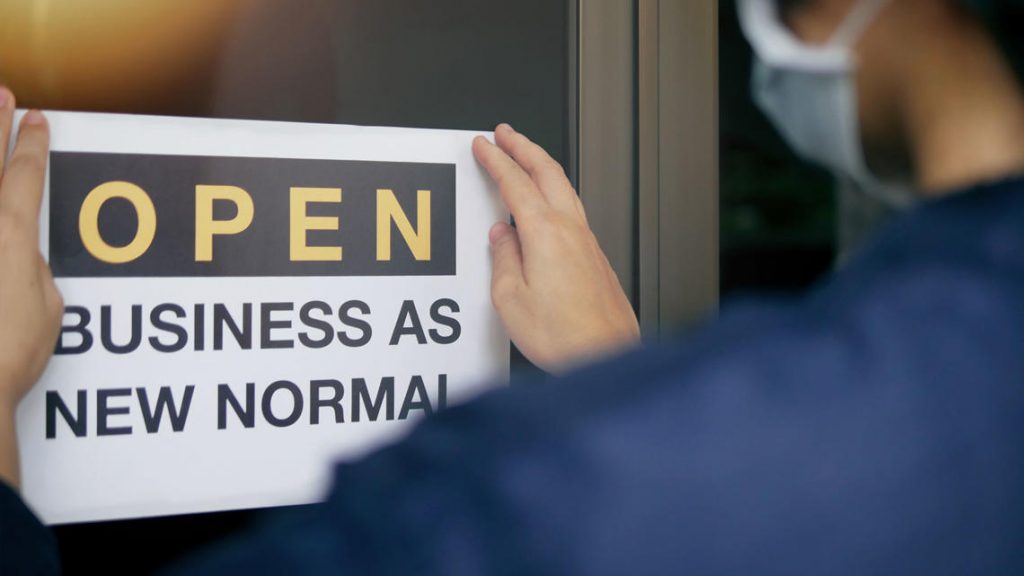
A few days ago someone asked me whether our children will ever be able to imagine a world without corona virus. In response, I told him about an American lady who has two children. One nine, the other eight. Neither of them is able to remember the pre-corona world. For them, as for as many as a billion others of similar age, life with the “pandemic” is normal.
Being almost 76 years old, I can remember some things many others have forgotten—if, indeed, they knew them in the first place. Back in 1980 I spent two months in Washington, DC, where I lived not far from Capitol Hill. Entering the Library of Congress, which I did almost every day, security was practically nonexistent. They checked your briefcase on the way out—you might have stolen a couple of books. But never, never, on the way in. Nor was there any question of having to put your things away in some locker, etc.
The same applied to other buildings. Right next to the Library is the House of Congress. Being a dedicated jogger, I used to run the stairs up and down almost every afternoon. Right at the top were the doors—which yes, you guessed it, were completely unguarded. No previous appointment with a Congressman (or staff member) needed. No telephone numbers to be called, IDs to be presented. No one to frisk you or check your bag. Believe it or not, all this even applied to the Pentagon where, at that time, I was a fairly frequent visitor. Four decades later I am no longer certain just how it worked. I do, however, remember that you could enter the building on your own without either going through a magnetometer—that only came some years later—or being assigned an escort.
Fast forward to the present. The Library of Congress is not a terrorist’s priority target, or so I would think. As to the other abovementioned buildings, though, anyone trying to enter them without following the proper procedures first would be quickly arrested at best and shot dead at worst. The same is true at airports and countless other public buildings across the country, which have been turned into veritable fortresses. In many cases even schools and clinics are not exempt. And yet we live with this kind of security. Not only do we live with it but, having long forgotten its origin, we take it for granted. So much so that, should it be suddenly lifted, some of us might feel surprised, annoyed, or even frightened.
Now let’s look at it from the other end of the question. Sooner or later this pandemic—which, by the way, so far has killed fewer than 1 in 1,000 of the planet’s human population, hardly enough to make a real demographic difference—will go away just as all previous ones did. Whether due to natural circumstances or changing habits or medical advances or some combination of all three, who can say? To be sure, some of the changes it did bring about will stay, at least for a time. Fewer and smaller crowded indoor meetings, perhaps. More people working from home and, as a result, a rise in the prices of large houses and apartments as opposed to those of smaller ones; that extra bedroom is going to come in just handy. More online, as opposed to ordinary, shopping. A little less traffic, commuter traffic in particular, leading to less crowded roads and a modest decline in gasoline prices. Less air pollution, especially in the cities. More parents who prefer homeschooling for their offspring. More—even more—government interference in people’s lives, including their right, or lack of it, to do with their bodies as they please. An increase in the size, power, and, not least, cost of the medical establishment.
However, the spread and eventual decline of corona is only one out of a vast number of processes that shape social life. As time passes, telling them apart so as to determine the impact of each one will become increasingly difficult, indeed impossible. As time passes, too, memories of the old normal will fade. If only because more and more people will experience the new normal as normal, normalcy will return.
Albeit that it will not be the same.
* Thanks to Prof. Sofia Simitzi, from the University of Ioannina, whose email, coming out of nowhere, inspired this post.
